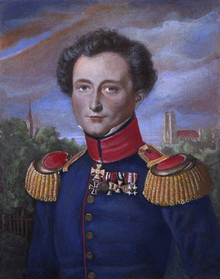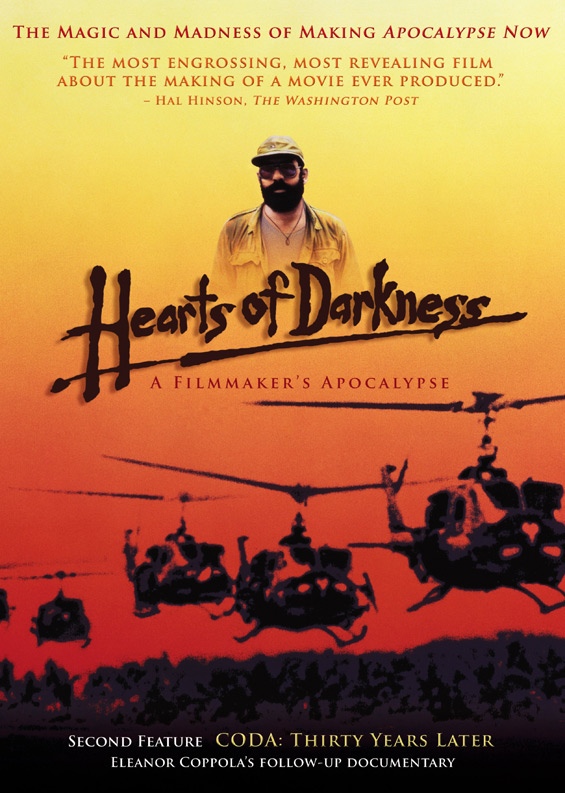(Source: Wikipedia. Painting by Karl Wilhelm Wach c. 1830)
In his treatise on strategy and warfare, On War, Carl von Clausewitz explains that “Everything in war is very simple, but the simplest thing is difficult.” He goes on to explain that “the difficulties [in war] accumulate and end by producing a kind of friction that is inconceivable unless one has experienced war… Countless minor incidents – the kind you can never really forsee – combine to lower the general level of performance, so that one always fall far short of the intended goal. Iron will-power can overcome this friction; it pulverizes every obstacle, but of course it wears down the machine as well.”
Friction is the difference between real war and war on paper, he says. It is the difference between the plans drawn up by political and military leadership and what actually happens on the battlefield.
The concept of friction, however, is applicable to any sort of planning exercise. We’ve all planned events or projects that sounded great on paper, but once we began carrying them out, we realized it wasn’t at all as we had initially hoped. Remodeling a kitchen that went from being a summer project has now crept into Christmas time. Or perhaps a project at work that ended up costing much more than originally anticipated. Friction is all those little unforeseen delays, costs, and obstacles that impact the timeliness, price tag, and overall quality of a project or an event.
The practical implication of friction was beautifully illustrated in the film, Hearts of Darkness: a Filmmaker’s Apocalypse, which documents the filming and production of Director Francis Ford Coppola’s Apocalypse Now. It shows how Coppola went into the filming of the project with such high hopes, but so many unforeseen variables, many of which were out of his control, ended up almost wrecking the project and ruining Coppola.
The filming of Apocalypse Now took place in the Philippines, which at the time was engaged in a civil war. Coppola was renting helicopters from the Philippine government for one of the most famous scenes in the film. However, filming was often interrupted because the government would take a few of the helicopters back to fight the rebels. Martin Sheen, who played Captain Willard, the film’s main protagonist, had a heart attack midway through the filming and needed several weeks to recover. Typhoon Olga came through and destroyed much of the set and forced the closing of production. And finally, Marlon Brando, earning a then-unprecedented $1M a week, arrived on set much overweight, not prepared, and unhappy about the ending. The film ended up being $30M over budget and four times over schedule. In a recorded phone conversation with his wife, Coppola confessed that he no idea what he was doing and even contemplated suicide.
In the end, Coppola successfully managed the immense friction of the production. Apocalypse Now is arguably the best Vietnam War movie ever made and the film is one of the best in history.
But how did Coppola pull this off? How did he overcome the insurmountable obstacles that were thrown at him and create a masterpiece? In other words, as Clausewitz asks, “Is there any lubricant that will reduce this abrasion?” He immediately answers: “Only one, and a commander and his army will not always have it readily available: combat experience… Habit hardens the body for great exertions, strengthens the heart in great peril, and fortifies judgment against first impressions. Habit breeds that priceless quality, calm, which… will lighten the commander’s task.”
Clausewitz believes, thus, that experience is what reduces friction. Experience is what instills a sense of realism into the outlook of an initiative. An experienced leader understands that there will be problems that crop up and add delays and increase costs of the project. Experience teaches him to not get ruffled by these problems and to take the unexpected in stride. Experienced leaders not only maintain an even keel when the unforeseen hits, but also use it to their advantage through natural gestures and improvised courses of action. The friction forces them to be innovation and creative.
By the time of the filming of Apocalypse Now, Francis Ford Coppola already had several Academy Awards under his belt. He won Best Picture and Best Director Awards for The Godfather and The Godfather Part II; two other films he directed and produced, The Conversation and American Graffiti, respectively, were nominated for Best Picture; and he had won three Best Screenplay Awards. Coppola had begun his film career 17 years earlier and was, at the time, at the peak of his career. Needless to say he was an experienced film director.
In The Hearts of Darkness, you get to see how such an experienced professional and leader handles the immense friction that happened in the production of Apocalypse Now. He improvised the entire beginning scene when Martin Sheen, who at the time was very drunk from a birthday celebration, punches the mirror in his hotel room in Saigon. He worked around Marlon Brando’s weight by dressing him in all black and only shooting him in the dark. And lastly, he worked the torrential downpour from the tropical storm – it rained for many days straight – into the shooting. I couldn’t imagine the film without these improvisations!
Only a director of Coppola’s experience and will power could have managed the magnitude of friction that was inherent in the production of Apocalypse Now and successfully turn it into one of the best films of all-time (and even he almost failed).


Comments on this entry are closed.